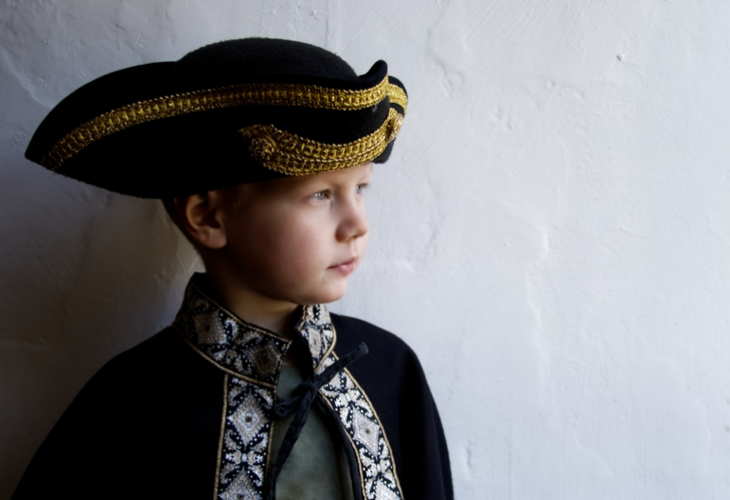A Young King Amidst Chaos: Iraq's WWII Struggles
A little boy, just five years old, adorned in royal regalia. This was Faisal II, thrust onto Iraq's throne amidst a global upheaval.
 Illustration (photo: shutterstock)
Illustration (photo: shutterstock)In 1939, King Faisal II ascended to the throne of Iraq. With the collapse of the Ottoman Empire, Britain was granted a mandate over Iraq, which ended in 1932. Faisal I was appointed king, succeeded by his son, Ghazi. After Ghazi's mysterious death, Faisal II came to power. Faisal was adorable—just a five-year-old child. Nevertheless, the responsibilities of royalty were bestowed upon him, making him a young monarch.
While Faisal was still learning the Arabic alphabet in kindergarten, the country was run by ministers and officials, highlighting a notable lack of stability. Meanwhile, World War II erupted, and Germany's ambassador to Baghdad, Fritz Grobba, tried to seize control. With funds and resources at his disposal, he purchased influence. Key figures from Iraq were invited for courtesy visits to Germany. The Third Reich sought to add another nation to its Axis powers, sparing no effort or energy.
And who suffered from these political maneuvers? Of course, the Jews.
Fritz Grobba acquired an influential Iraqi newspaper called "The Arab World," using it to publish antisemitic material reminiscent of the German "Der Stürmer." Across Iraq, Jews found their steps increasingly constrained. Various Nazi-aligned groups emerged, and a military-style youth organization named "Al-Futuwa," akin to the Hitler Youth, was established. It boasted 65,000 young Iraqi members. A Radio Berlin station in Arabic was launched. As Nazi policies against Jews intensified in Europe, so did the incitement and attacks on Jews in Iraq.
In the month of Sivan 5701 (June 1941), riots against Jews erupted, instigated by a provoked mob. For two days, a rampaging crowd, including Jewish neighbors and police officers, slaughtered Jews and their families. Shops were looted, synagogues torched. The British army was stationed by the Tigris outside the city and refused to intervene. These riots, known as the "Farhud," resulted in the murder of nearly a thousand Jews.
A governmental inquiry commission later blamed various inciters, and eventually, eight ringleaders were executed. Survivors of the riots who immigrated to Israel pursued lengthy legal battles with the Israeli government for recognition as Nazi victims. Although the state did not accept this classification, it allocated some funds for aid and compensation to survivors and victims.

